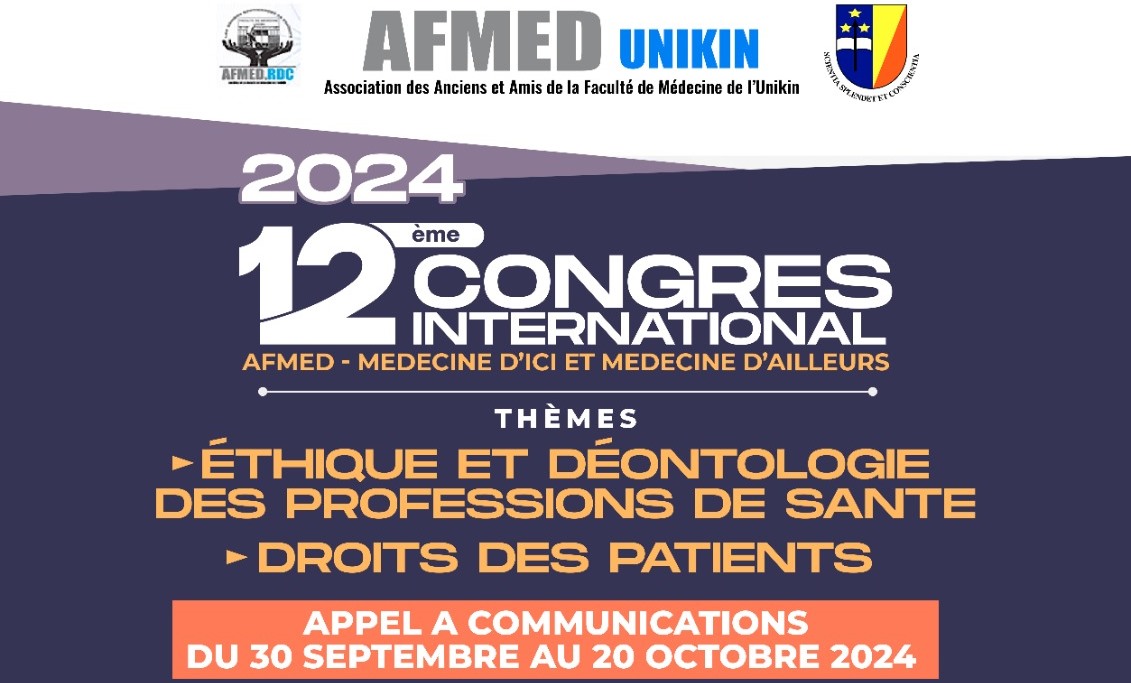Deby Mukendiab Jean-Roger LiloKaloa Tharcisse Kayembeb PascalLutumbaab BarbaraBarbéc PhilippeGilletc JanJacobs cd Cedric P.Yansouni e François Chappuisf Kristien Verdonckg Marleen Boelaert g Andrea S.Winklerhi Emmanuel Bottieauc
Abstract
Analysis of cerebrospinal fluid (CSF) obtained by lumbar puncture (LP) is an essential step for the diagnostic approach of neurological disorders, in particular neuro-infections. In low-resource settings, it is even often the only available diagnostic method. Despite its key contribution, little is known on the risks and benefits of LP in the large tropical areas where hospital-based neuroimaging is not available. The objectives of this study were to assess the safety and diagnostic yield of LP in a rural hospital of central Africa and to identify predictors of CSF pleocytosis (white blood cell count >5/μL) as surrogate marker of neuro-infections.
From 2012 to 2015, 351 patients admitted for neurological disorders in the rural hospital of Mosango, Kwilu province, Democratic Republic of Congo, were evaluated using a systematic clinical and laboratory workup and a standard operating procedure for LP. An LP was successfully performed in 307 patients (87.5%). Serious post-LP adverse events (headache, backache or transient confusion) were observed in 23 (7.5%) of them but were self-limiting, and no death or long-term sequelae were attributable to LP. CSF pleocytosis was present in 54 participants (17.6%), almost always associated with neuro-infections. Presenting features strongly and independently associated with CSF pleocytosis were fever, altered consciousness, HIV infection and positive screening serology for human African trypanosomiasis. In conclusion, the established procedure for LP was safe in this hospital setting with no neuroimaging and CSF analysis brought a substantial diagnostic contribution. A set of presenting features may help accurately selecting the patients for whom LP would be most beneficial.









